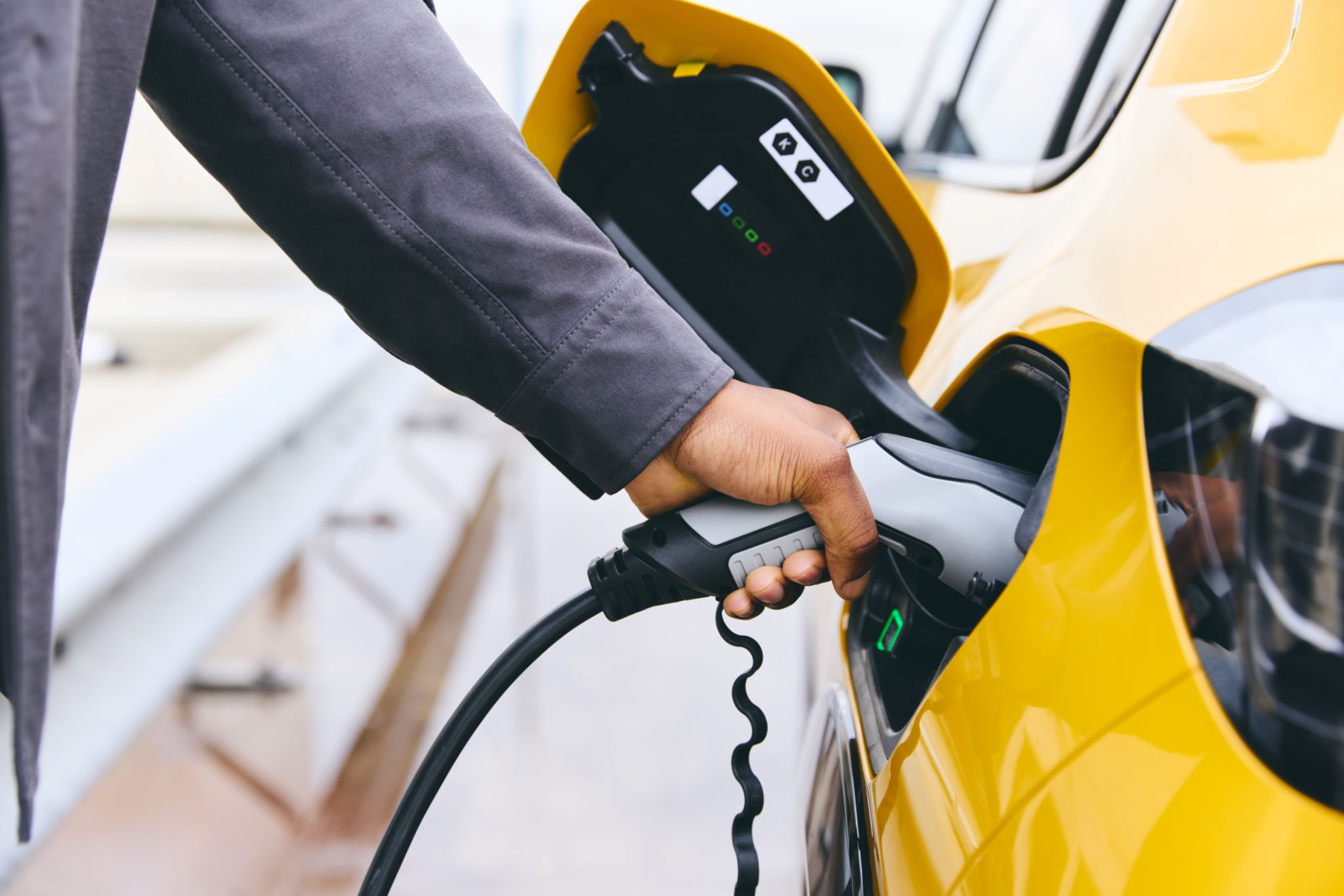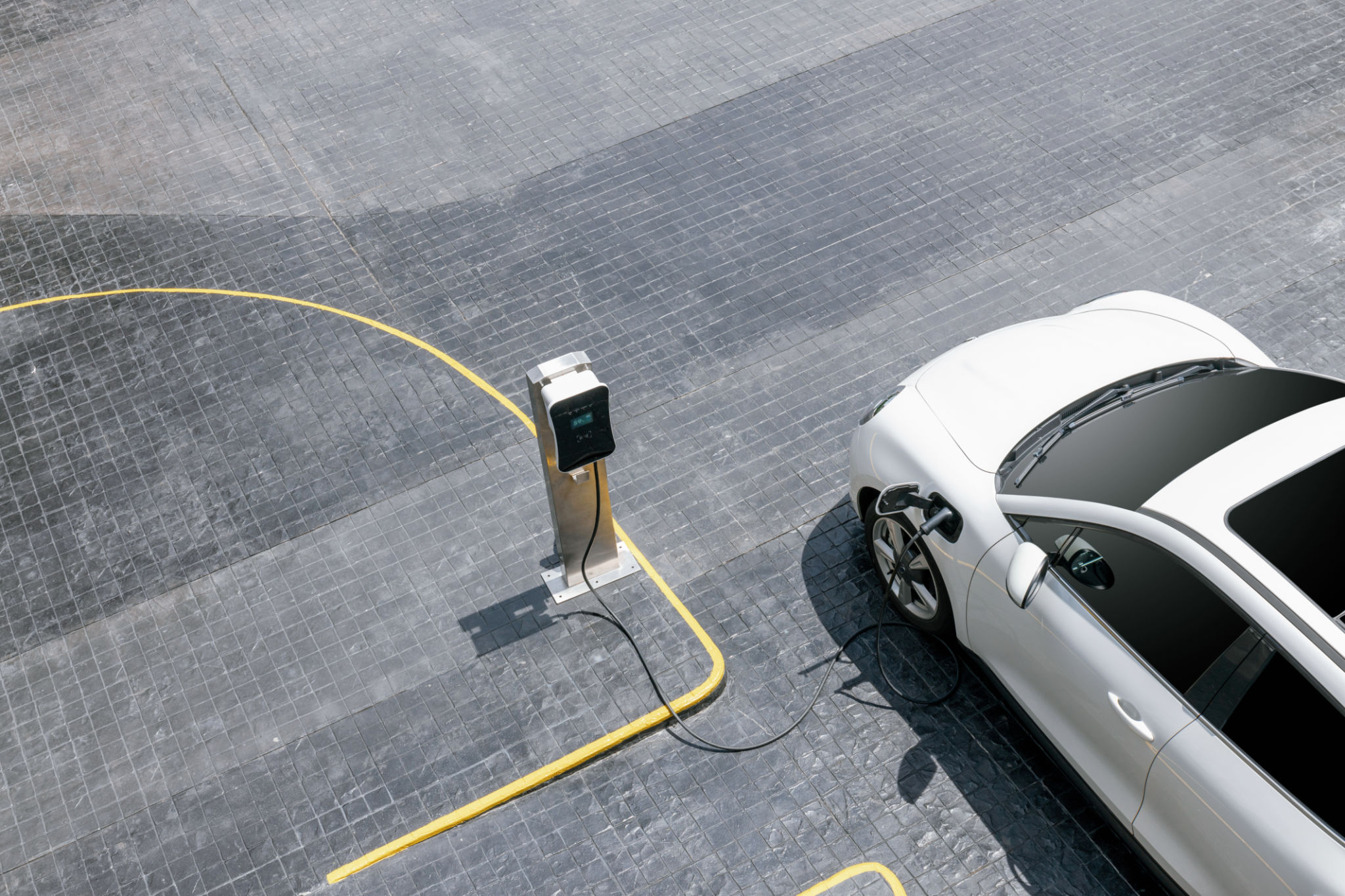Building the Future: The Growth of EV Infrastructure in Urban Centers
The Rise of Electric Vehicles in Urban Centers
As the world increasingly shifts towards sustainability, electric vehicles (EVs) have emerged as a pivotal component of urban transportation. Cities are now at the forefront of this transformation, driven by the need to reduce carbon emissions and promote cleaner air. The growth of EV infrastructure in urban centers is not just a trend; it is a necessity for the future.
Urban centers are uniquely positioned to benefit from EV infrastructure due to high population density and the need for efficient public transport solutions. Integrating EVs into the urban landscape not only supports environmental objectives but also enhances the quality of life for city dwellers. As governments and private sectors collaborate to build this infrastructure, cities will become smarter and more sustainable.

The Importance of Charging Infrastructure
One of the most crucial components of EV adoption is the availability of charging stations. Without a robust network of charging infrastructure, the transition to electric vehicles would be hindered. Urban centers are focusing on expanding this network to encourage more drivers to make the switch from traditional internal combustion engines to electric-powered alternatives.
Charging stations are being strategically placed in high-traffic areas, such as shopping malls, office complexes, and residential neighborhoods, ensuring accessibility for all. This strategic placement is essential for reducing range anxiety among EV users, making electric vehicles a viable option for daily commutes and long-distance travel alike.

Government Initiatives and Policies
Governments play a significant role in the growth of EV infrastructure through policies and incentives. Many cities have introduced subsidies for installing charging stations, tax rebates for EV purchases, and grants for research and development in clean technologies. These measures are designed to stimulate both supply and demand, creating a favorable environment for EV adoption.
Moreover, urban centers are implementing regulatory frameworks that set ambitious targets for emission reductions. By establishing deadlines for transitioning public transport fleets to electric, cities are setting a precedent for private vehicle owners to follow suit.
Technological Advancements
The advancement in battery technology has been a game-changer for EV infrastructure. With longer-lasting batteries and faster charging solutions, electric vehicles are becoming more practical and appealing to consumers. Innovations such as wireless charging and ultra-fast charging stations are on the horizon, promising to make EV usage even more convenient.
Furthermore, the integration of renewable energy sources with EV charging stations is an exciting development. By harnessing solar and wind power, cities can offer greener charging solutions, further reducing the carbon footprint associated with electric vehicle use.

The Role of Private Sector Involvement
The private sector is a critical player in the expansion of EV infrastructure. Companies are investing heavily in research and development to create innovative solutions that cater to the growing demand for electric vehicles. Partnerships between automotive manufacturers, tech companies, and energy providers are driving the deployment of charging networks.
Businesses are also recognizing the potential of EV infrastructure as a revenue stream. By installing charging stations at their premises, they not only contribute to sustainability goals but also attract environmentally conscious customers.

The Road Ahead
The growth of EV infrastructure in urban centers is set to accelerate as more cities commit to sustainable transportation solutions. The synergy between technological advancements, government policies, and private sector involvement is creating a robust ecosystem that supports the widespread adoption of electric vehicles.
As urban centers continue to evolve, the integration of electric vehicles into the transportation matrix will not only redefine mobility but also shape the cities of tomorrow. The journey towards a cleaner, more efficient future is well underway, and the expansion of EV infrastructure is a critical milestone on this path.
